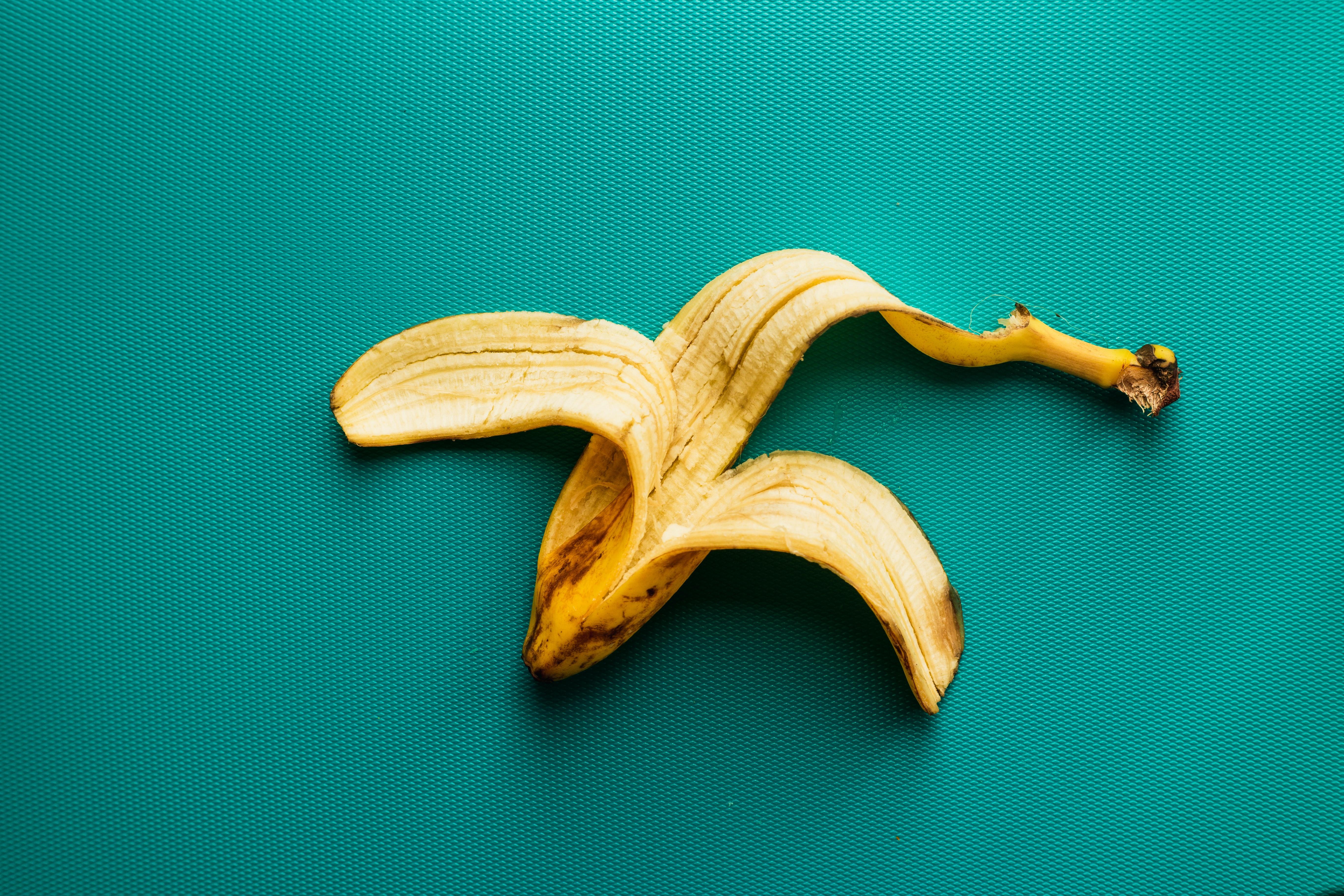Part Two: The Secret Power of Foodwaste
In our last blog post, we told you how important it is to reduce food waste and what a big impact we have on our climate. Here are the most important facts at a glance or feel free to hop back to our last blog and read about it.
💡Every year, about 1.3 billion tons of food are thrown away. That would be enough to feed almost half the global population.
💡Annually, around ⅓ of food is thrown away worldwide. In Germany, that's around 18 million tons of food per year.
💡The Sustainable Development Goals state that global food waste should be reduced by 50% by 2030. We can do that, together.

We already presented four valuable tips with which you can easily reduce food waste. Here we go again:
1. Planning
2. Buy in bulk vs. buy more often
3. Leave the economy packs at the supermarket
4. Storage is key!
Let's continue with five other valuable tips & tricks on how to reduce food waste:
5. Share your Excess Food
Bought too much, cooked too much, or maybe got something as a gift that you don't like at all? Then just pass it on to a friend, a colleague, or a colleague. Maybe it will also make the dear neighbors happy. Who doesn't like free food?
6. Put the rest in the freezer
Do you realize while eating that you have cooked way too much? Then put it in the freezer so that it can be served fresh for lunch or dinner the next day. Or in the freezer, if you want to keep the food longer. Be careful, let the food cool down first.
7. Simply process leftovers
From the peelings of vegetables, such as carrots, asparagus and potatoes, you can cook broths, which you can either portion into ice cube molds and freeze or fill into small jars and disposable jars and freeze. You can then add them to your next soup as a natural flavor booster.
You can also cut very thin strips from zucchini and carrot peels (wash them first) and use them as vegetable spaghetti in a dish.
Did you know that the water from chickpeas is a vegan protein substitute (aquafaba)? So next time, don't just drain the chickpeas in a sieve, but collect the water and use it like protein. You can find a variety of recipes on the Internet.
Wine does not have to be thrown away immediately either. Because basically wine does not go bad, but only to vinegar. So just let it stand and use it for the next salad together with oil to make a tasty dressing.
Bread scraps can be well dried and stored for a few weeks to make bread dumplings, bread dumplings, cherry pudding, or bread crumbs.
Ground bread scraps are also often used in recipes for making bread or rolls - á la from old make new.
8. Preserving and fermenting
Currently in vogue are salted vegetables, preserved and fermented delicacies. This way, seasonal fruits, and vegetables can be enjoyed beyond.
9. Dive into the garbage
Ever heard of dumpster diving? If not, no problem. Unfortunately, the whole thing is illegal in Germany. Since part of our team, Kaspar our CFO, and Julia, our Sustainability Manager, are currently living in Denmark, they have had some experience with it, as the whole thing is legal in Denmark. Supermarkets throw vast amounts of food into the trash. Reasons for this are exceeded best-before dates, a single moldy orange in the entire net, or simply the need for more space on the shelf. Bread is particularly easy to grab. Since baked goods are usually baked freshly every day and the bread display is usually still fully stocked in the evening, bread can be found almost every day. You could feed yourself completely from all the trash, because you can find milk, cheese, meat, fish, vegan spreads, muesli... besides all kinds of fruits and veggies. We'll be sharing a little video of Kaspar's and Julia's Dumpster Diving activities in the coming weeks, so you can get a better idea of how it all goes down.
10. Examine, smell & taste
Even if the best-before date has been reached or maybe even passed, it's worth looking closely first - do you see bubbles, lumps, or other unusual structural changes - to smell and taste. In most cases, food has a much longer shelf life than the manufacturer claims, because they act according to the motto 'better safe than sorry'.
Do you need support in the fight against food waste? Say no more. We have compiled a small list for you:
🌱 SIRPLUS
The team of SIRPLUS sells the surplus of food from supermarkets and manufacturers brings in their Berlin Rettermärkte and through their online store. Thus they tie sorted out food into the cycle again and save thereby valuable emissions. That also still at more favorable prices.
🌱FOODSHARING
Via the food sharing platforms, food rescuers are networked with each other, regionally and globally. In this way, not only supermarket food is saved, but also food from our own households.
🌱ETEPETETE
Vegetables and fruits in the supermarket must meet certain standards of shape, color, and sourcing in order to be sold on the display. A non-negligible percentage, therefore, is already sorted out and thrown away during production and before the food reaches the supermarket. Etepetete has made it its mission to save this fruit and vegetables and deliver to your home vegetable boxes from organic farmers.
🌱TOOGOODTOGO
TooGoodToGo rescues food directly from the supermarket or the seller. Through the app, you can conveniently order rescued food and pick it up before closing time.
🌱KNÄRZJE
Do you like beer? Do you like bread? Perfect. Try beer made from bread. Yes, there is! KNÄRZJE brews Germany's first zero-waste beer from the crust, that is, from the end of sorted-out bread.
🌱PLANT JAMMER
Jam your next dish. With Plant Jammer, you can easily enter the food you still have in your pantry or fridge and the app will show you a recipe to match. Is it easier to cook with leftovers? By the way, you'll also be creative and discover new dish combinations.
🌱PAPRIKA
Paprika Recipe Manager makes it easy to plan your meals, recipes, and groceries and also coordinate them together, with the whole household, friends, or family. In addition, there are 6000+ different recipes to try.
Are you already full of energy? Then start the 'Avoid Food Waste' Challenge in the PLAN3T app today, save what you can, and track your success every Sunday. Some of the presented partners are represented in the PLAN3T app as well. In May, you'll even get double Planet Coins for completed food challenges. We hope you have fun trying out the challenges. If you have ideas for future blog posts or more questions, feel free to write to us at hello@plan3t.one or contact us on Instagram, Facebook, or LinkedIn.
If we solve the food waste problem collectively and globally we have the potential to save 94.56 gigatons of CO2 equivalents from 2020 to 2050. This makes food waste prevention the most effective way to save CO2 in the world.
What are we waiting for?
